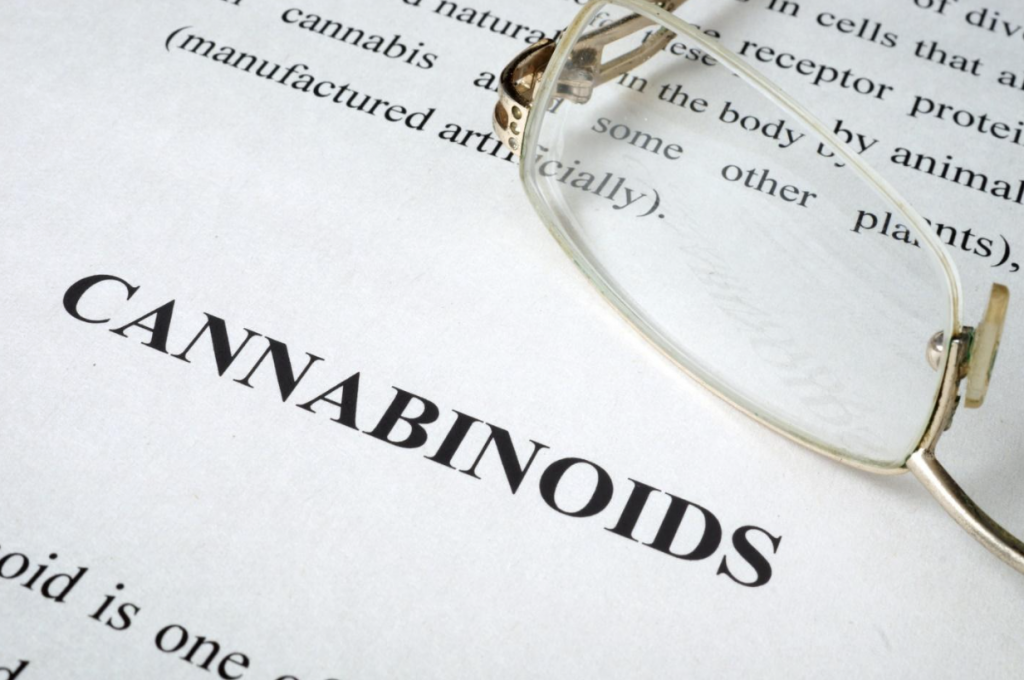
There are more than 100 types of cannabinoids! Many people only think of the two “big ones,” CBD and THC, but these are only 2 of many. There are so many more to explore.
But what are cannabinoids really? Are there any notable cannabinoid benefits to be aware of? Learn all about it in this quick cannabinoid guide.
What Are Cannabinoids?
Cannabinoids are chemical compounds that interact with the cannabinoid receptors you have in your body. You have an entire endocannabinoid system!
When people think of cannabinoids, they assume that they’re all coming from the cannabis plant, but that’s not true. While the cannabinoids we’ll be discussing today come from plant sources (phytocannabinoids), your body also produces cannabinoids on its own.
What Do Cannabinoids Do?
Because there are so many different cannabinoids, it’s impossible to give a blanket statement of what they do. They all do different things, and while they may have some similarities, different cannabinoids generally aren’t interchangeable.
The effects of cannabinoids are mostly therapeutic, though some are recreational (like THC). Let’s discuss the effects of four of the most commonly used cannabinoids.
THC
THC is the most widely-known cannabinoid, and it’s what people think of when they think of cannabis or marijuana. THC can be used therapeutically, but most people use it for fun. It’s the cannabinoid that can give you that “high” feeling.
THC can make users feel sleepy, energetic, anxious, calm, euphoric, nauseous, hungry, and a variety of other feelings. There’s some debate over whether the strain of marijuana makes a difference or if it depends on each person’s internal chemistry.
CBD
CBD is growing in popularity due to its availability and wide range of therapeutic uses. Unlike THC, it’s non-psychoactive. You won’t get a “high” feeling when using it.
People who use CBD report that it makes them feel more relaxed and that it can help with sleep. There’s also research to suggest that CBD has anti-inflammatory properties, making it good for people with chronic pain. Some people even use topical CBD for sunburn and muscle aches.
There is a CBD product on the market to help with seizures and studies are being done to see if CBD can lower blood pressure (and results have been promising).
CBC
CBC isn’t well-known yet, but it has potential. While not as many people have used it, there’s evidence to suggest that it has many potential benefits.
CBC cannabinoid products may be helpful for people who are struggling with depression. It may also help with migraines and it has anti-inflammatory, ant-viral, and ant-microbial properties.
CBN
CBN is another cannabinoid that hasn’t gotten much attention yet, but research is growing. Researchers are studying if it can help slow down the progression of memory conditions like Alzheimer’s.
Most people, however, use CBN for sleep. It has relaxing properties that may be more effective than those of CBD.
Which Types of Cannabinoids Have You Tried?
There are so many types of cannabinoids, and research is still pretty new for all of them. Will you expand your horizons and try a new type of cannabinoid in 2023? Whether you want to relax, ease your mental health struggles, get more sleep, or explore the pain-relieving properties of popular cannabinoids, you have options.
For more helpful articles about health, cannabis, and more, visit the rest of the site.












